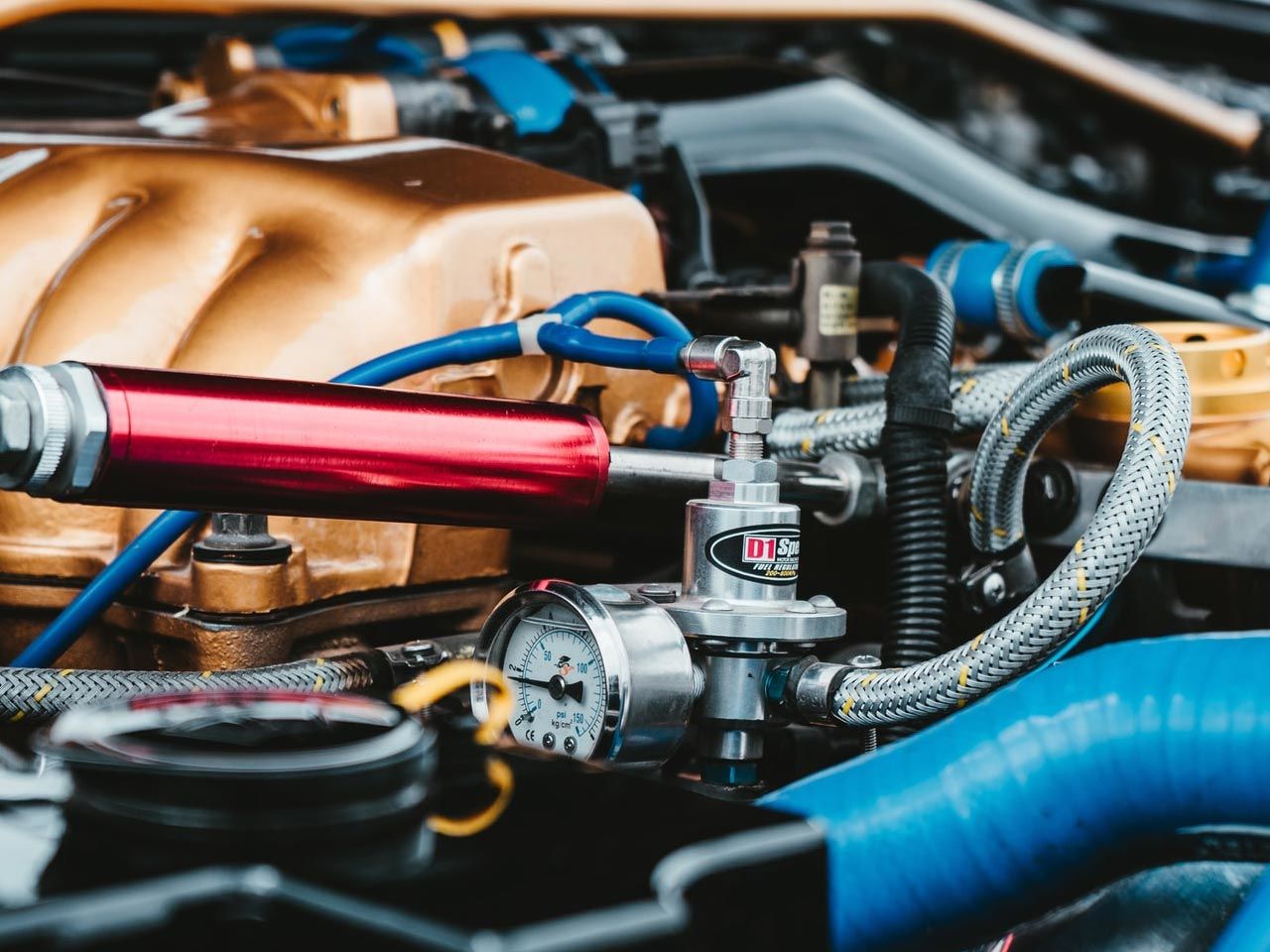Fluid Flushes & Why Your Vehicle Needs Them
March 22 2022,

Your service advisor has suggested a fluid flush. Is it worth it? What is it for?
Your parents never changed theirs and the old car lasted years, didn’t it?
There’s no doubt that fluid flushes confuse many vehicle owners. Are they necessary? And what ‘fluids’ are even being flushed?
Technically, an oil change is a fluid flush and something most people can agree on. Why wouldn’t all the other liquids in your vehicle require replacing? Just as your engine would seize up from poor maintenance, so too can your transmission, not to mention the risk associated with dirty brakes or steering fluids.
To save you from paying for services you don’t need, it’s best to understand these fluids and when they require replacing. Here are the six fluids in your car that you should perform periodic maintenance on: transmission, engine coolant, power steering, brake fluid, fuel injection, and rear differential.
Transmission Flush
Transmission fluid is a special type of oil that helps keep the transmission clean and over time, dirt and water accumulate to a point where shifting becomes difficult. At that point, friction either through heat or misalignment can cause damage to transmission parts. Driving within the city or using your vehicle for deliveries requires a lot of shifting. Start. Stop. Start. Stop. It’s a good idea to consider more frequent transmission flushes than what is typically recommended.
Engine Coolant (Anti-Freeze) Flush
Have you ever seen an overheated engine? Steam sizzling from the hood? The engine coolant protects your radiator from freezing in extreme cold or overheating in extreme heat. Engine coolant can build up with rust and scale deposits, and without flushing it, the engine can become clogged and leave you stranded on an unforgiving highway.
Power Steering Flush
Power steering fluid is a pressurized fluid that decreases the amount of effort required to turn the steering wheel. Without it, many people would find it very difficult to drive.
Frequent exposure to extreme engine heat or extreme cold results in breaking down component parts and seals within the system. Flushing the fluid maintains that ease of steering that we’ve all come to appreciate. Without it, more mechanical breakdowns in alignment and steering would occur.
Brake Fluid Flush
Are you pressing the brake pedal and nothing is happening? Pump. Nothing. Pump. Nothing.
Brake fluid is highly susceptible to collecting dirt and grime. Brake fluid to become contaminated with water. If your brake fluid is dirty or otherwise contaminated, it is extremely important to get it flushed as it will affect the ability to brake!
Fuel Injection Flush
Fuel injected cars aren’t like the haphazard machines of yesterday. They have a complex computer system designed to maximize efficiency. A dirty fuel system is the #1 cause of decreased fuel economy in a vehicle. If you notice your vehicle needing more and more gas, a fuel injection flush will pay for itself.
Rear Differential Flush
If you drive a rear-wheel drive vehicle like a truck or SUV, the rear differential is designed to compensate for the difference in the distance traveled between the inner and outer wheels when turning. Dirty fluid can cause gears to misalign and housings to crack.
Rear differential flush might not need to be changed as often as engine oil, but these fluids are crucial to the proper operation of your vehicle. The frequency of the service and type of fluid needed will depend on your specific vehicle, so refer to your manufacturer's service guide.
Notice a knock or smell that shouldn’t be there? You can book an appointment online with our service department today! Book Now!


